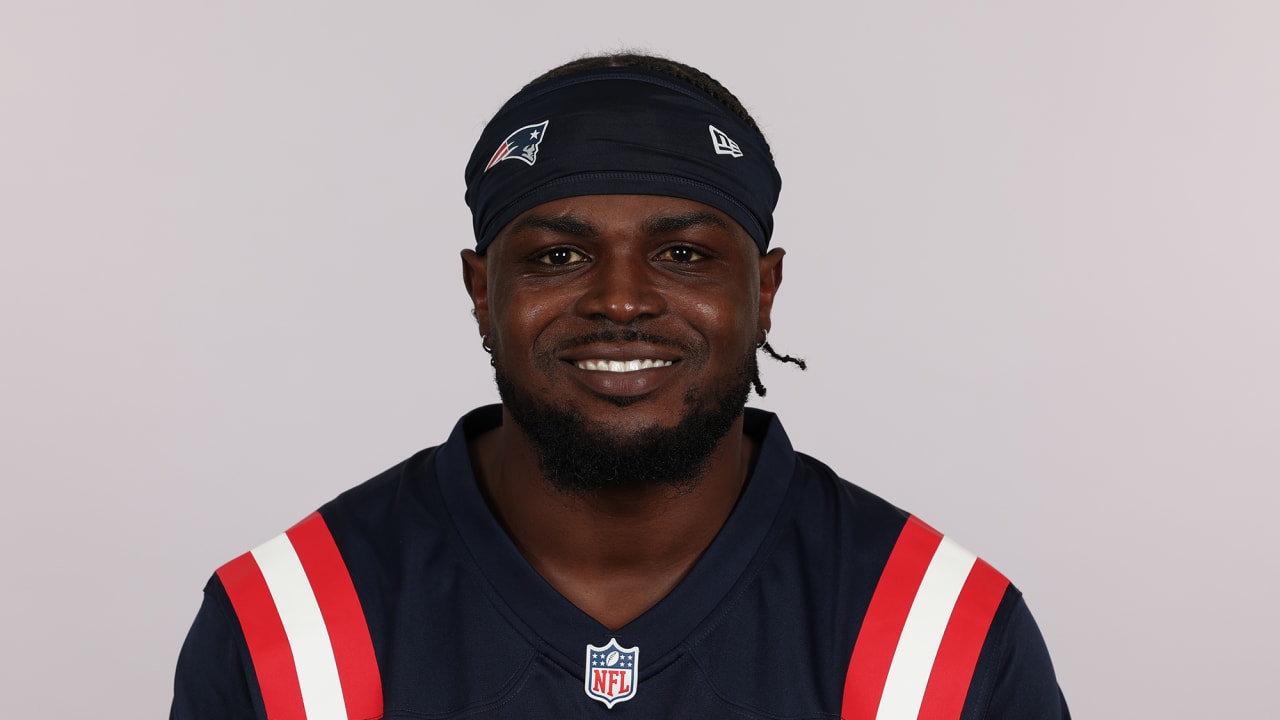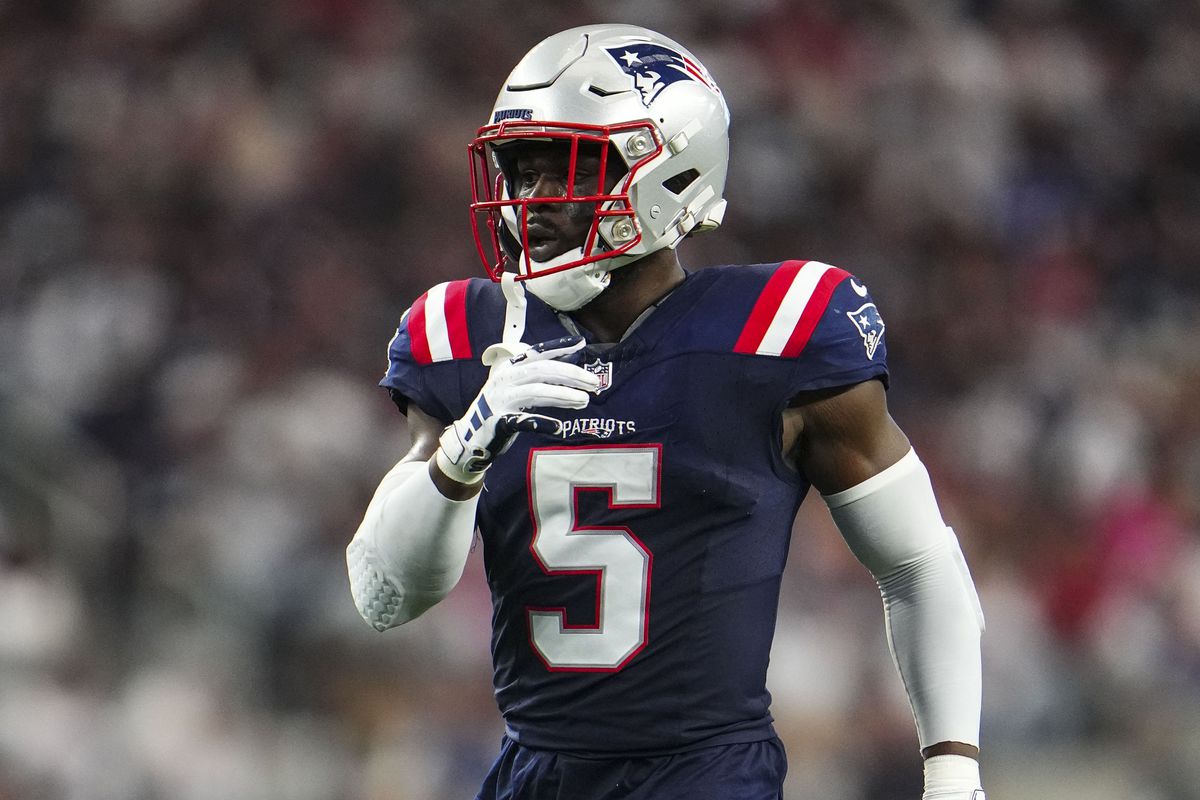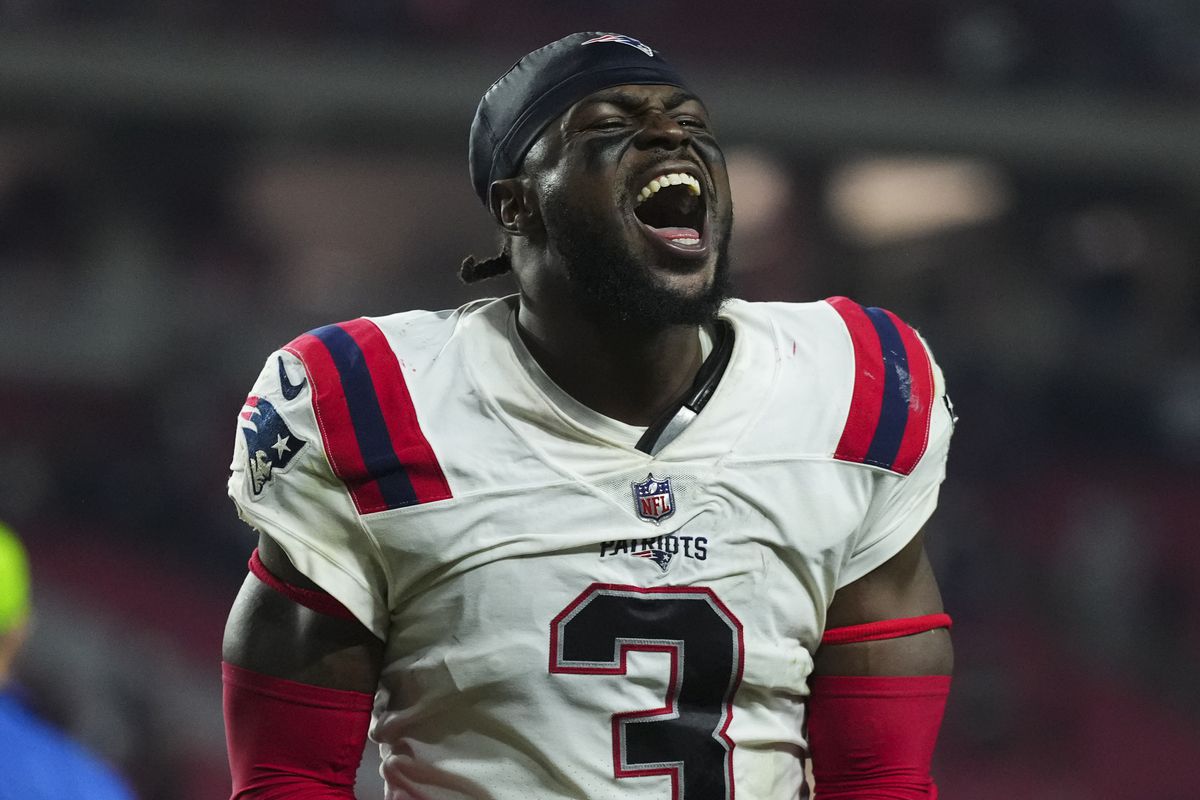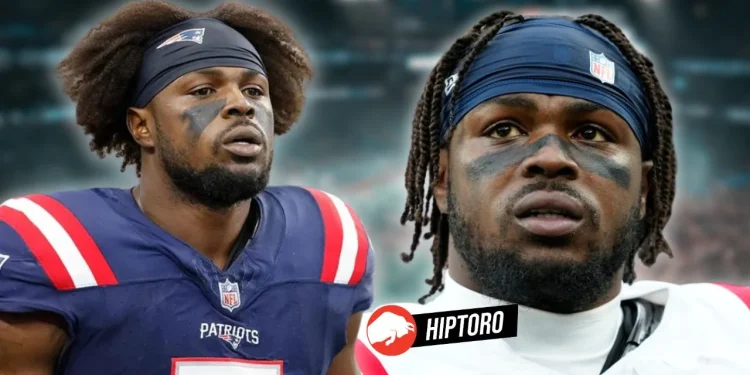In an era where every play can be the difference between victory and defeat, the NFL has introduced a new rule change that has set the sports world abuzz. This isn’t just another tweak in the rulebook; it’s a seismic shift that could redefine defensive play as we know it.
The banning of the hip-drop tackle has ignited a firestorm of debate among players, coaches, and fans alike, raising questions about the balance between player safety and the essence of the game.

Patriots safety Jabrill Peppers, known for his outspoken nature and defensive prowess, didn’t mince words when he voiced his frustration, stating, “I don’t like it. I don’t know how you officiate it.” Peppers’ concern underscores a growing unease among NFL defenders who find themselves increasingly shackled by the league’s well-intentioned, yet controversial, rules aimed at ensuring player safety.
The Struggle for Safety and Fairness
The NFL’s latest move to ban the hip-drop tackle comes on the heels of a series of regulations designed to protect players from serious injuries, such as concussions and ACL tears, which have marred the careers of countless athletes.
Proponents of the rule, including sports analysts Mike Florio and Chris Simms, argue that it’s a necessary step towards mitigating the risk of long-term injuries. However, this protective measure has not been met with universal applause.

Critics argue that the continuous imposition of such rules dilutes the game’s competitive spirit and handicaps defenders, who are already navigating a minefield of dos and don’ts on the field.
The inconsistency in officiating, highlighted by Peppers, adds another layer of complexity to a game already fraught with split-second decisions and high-stakes plays. The variance in penalty calls across different officiating crews has only fueled skepticism regarding the enforceability of the new rule.
The NFL Players Association (NFLPA) has echoed these sentiments, stating their opposition to the rule change due to the confusion it introduces for players, coaches, officials, and fans. The NFLPA’s call for the NFL to reconsider its stance reflects a broader concern within the player community about the direction in which the game is headed.
The Patriots' Jabrill Peppers again criticizes the NFL's new hip-drop rule as the league's latest attack on defense. https://t.co/LAvcX3J5wq
— Boston Globe Sports (@BGlobeSports) April 10, 2024
A Game of Balance
At the heart of the controversy is a fundamental question: How can the NFL balance the imperative of player safety with the integrity and excitement of the game? While the league’s efforts to reduce the risk of injuries are commendable, the implementation of such rules must be carefully evaluated to ensure that they do not undermine the competitive essence of football.
The debate over artificial turf versus grass surfaces exemplifies this dilemma. Despite evidence suggesting that grass surfaces are safer, the prevalence of artificial turf in NFL stadiums remains a contentious issue, underscoring the complex interplay between commercial interests, player safety, and the sport’s traditional values.
The Future of NFL Defense
As the NFL continues to evolve, the introduction of new rules like the hip-drop tackle ban will undoubtedly shape the future of the game. Defenders like Jabrill Peppers will have to adapt to these changes, navigating an ever-shifting landscape where the line between safety and competition is continually redrawn.

The discussion surrounding the hip-drop tackle ban is more than a debate over a single rule; it’s a reflection of the ongoing struggle to maintain football’s identity in the face of necessary change. As the league, players, and fans grapple with these issues, the hope remains that the spirit of the game can be preserved while advancing the cause of player safety.
In this ever-evolving narrative, the NFL finds itself walking a tightrope, striving to strike the perfect balance between tradition and innovation, safety and spectacle. The outcome of this delicate balancing act will not only define the future of defense in the NFL but also shape the legacy of the game for generations to come.

Source: Fansided









